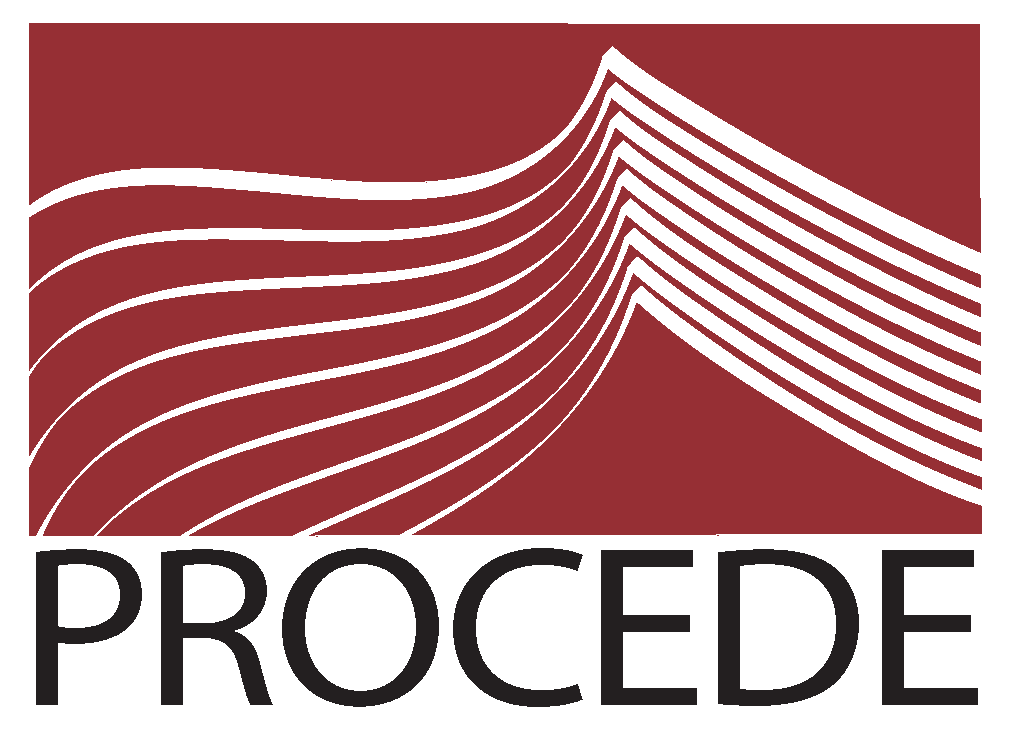MANY MISCONCEPTIONS PERSIST TODAY WHEN IT COMES TO VOCATIONAL TRAINING AND THE ADMISSIONS PROCESS IN TRAINING CENTRES. BELOW WE HAVE DEBUNKED FIVE COMMON MYTHS.
Myth: “THE CUT-OFF DATE TO APPLY IS MARCH 1ST. “
Each centre operates according to their own calendar. Many vocational centres do not have deadlines to apply and accept applications year-round. Tommy Oliveira, Development Officer at the Commission scolaire Marie-Victorin, says, “In the context of full employment, sometimes there are spots available in our most popular programs.”
In training centres throughout the province, programs start at different moments, with some schools offering up to five or six groups in a single school year, even though some vocational centres have set March 1st to align with the college cycle. Like in CEGEP, a student looking to apply later in March, or even in August, would be admissible in programs with places available, or could still be put on a waiting list in the hopes of a spot opening up.
Myth: “THERE ARE PLACEMENT TESTS.”
Not at all. The applicant’s file determines if they have the prerequisites to follow the training. To find a program and vocational training centre, or to make an application, head over to the SRAFP website.
Myth: “YOU NEED A HIGH SCHOOL DIPLOMA.”
Not exactly. Most programs require successful completion of Secondary IV French, English and Math. Some programs require Secondary III credits. Adult applicants who left school before completing Secondary III can ask for a Recognition of Acquired Competencies (RAC), i.e. an evaluation of their competencies and experience acquired through work related to the study program.
Myth: “I WILL BE THE ONLY ADULT IN A CLASS FULL OF TEENAGERS.”
No. “Vocational training classes have men and women of all ages and backgrounds.”
Myth: “IT’S EXPENSIVE.”
Vocational training is free in all public schools across Québec. The only costs are for materials, such as tools and work uniforms required for an apprentice electrician.
Students with financial difficulties can benefit from the Loans and Bursaries Program, just like university and CEGEP students. It is also possible to get financial aid from Emploi-Québec, if the training program corresponds to the labour shortages of the region.
A special thanks to Tommy Oliveira, Development Officer at the Commission scolaire Marie-Victorin-CSMV (csmv.qc.ca), for his kind collaboration.
Translated by Compétences-Québec for PROCEDE.

